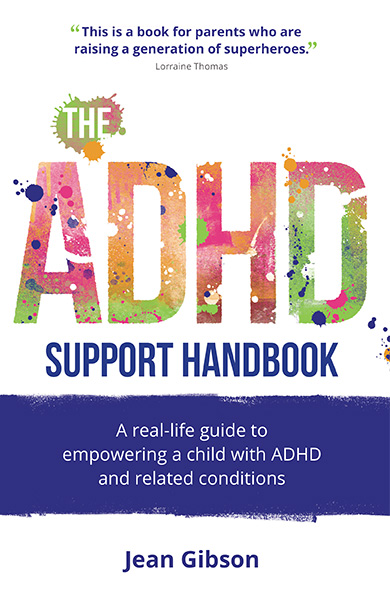
I was talking to a young man with ADHD recently and we talked about challenges with paying attention. He was a young man trying to make sense of the challenges he faces with ADHD.
We identified that he struggled to pay attention when he felt comfortable or relaxed talking to someone. When the other person talked too much or if they did not appreciate that he had ADHD.
He explained that during conversations his eyes would wander and appear to not being interested in the person he was with. He did not want to look away or not pay attention. He could not help it!
Often his behaviour or apparent lack of paying attention would strain a relationship because the other person thought he did not care and would say as much. Having already shared his ADHD diagnosis with key people in his life, they still did not appear to recognise that his condition often impacted the way he behaved. His behaviour was not intentional.
We were able to explore his concern, clearly identify situations where he struggled to pay attention, and he came up with things he could do to deal with this situation.
Each person is different so if this is you take a minute to think about times when you have struggled to pay attention.
Ask yourself some questions:
- Who have you been with when this happens?
- Where were you?
- What were you doing, what was the environment like?
- What happened for you?
- How did this make you feel?
- How did the person or people with you react?
- What could you do differently next time?
- What support could you put in place to help you in the future?
- What will you do now you have this information?
It is important for those who are living with or friends with someone who has diagnosed ADHD or ADHD symptoms to understand that their behaviours are often out of their control. They struggle to regulate or stop them happening. They so want the other person to understand this and recognise that this is not them but their condition!
Does this resonate?
People with ADHD may withdraw, isolate themselves or feel isolated if they cannot find others who understand them. Be compassionate when you see behaviours that may frustrate or annoy you. More often than not those with ADHD are constantly reviewing what they say and do in their mind and will beat themselves up and feel guilty at how they behave without anyone telling them. In social settings they may go over the top to appear happy and engaged to fit in, when actually it is taking all their effort to join in (Masking), leaving them shattered the following day. Conversely they may be quiet and not interact at all because they are worried about how their behaviour will be seen by others, judged by others.
If you spot this or know someone who has shared they have ADHD let them know you understand or want to understand. Ask questions to learn and educate yourself so that you can support your friend or family member. Reassure them of your friendship/relationship. Check in on them after a social event to see how they are. Ask how the event was for them. What you could do to support them in future. This shows them you care and will mean the world to them. Sometimes those with ADHD will perceive a situation in a way that is totally incorrect and this can lead to relationship issues. What I mean is they will assume a negative outcome or situation based on how they are feeling and believe that is the reality. Helping them to see things in a different way, consider alternatives is an important support mechanism. It is one I use often.
This is a very short example of how a young person with ADHD feels about their struggle with paying attention. Sometimes it can have a major impact on ones life resulting in important relationships breaking down, other times it may be a mild frustration. Each person with ADHD is different however, the feeling of isolation, being misunderstood and struggle with worrying about how they are being perceived by others is common. Both by males and females.
For further information or support please contact jean@activepersonaldevelopment.co.uk or use the contact page on my website to book a complimentary consultation.
Jean Gibson
Author – The ADHD Support Handbook, available here
Qualified Life Coach
ADHD Life Coach
Book a complimentary consultation here.



